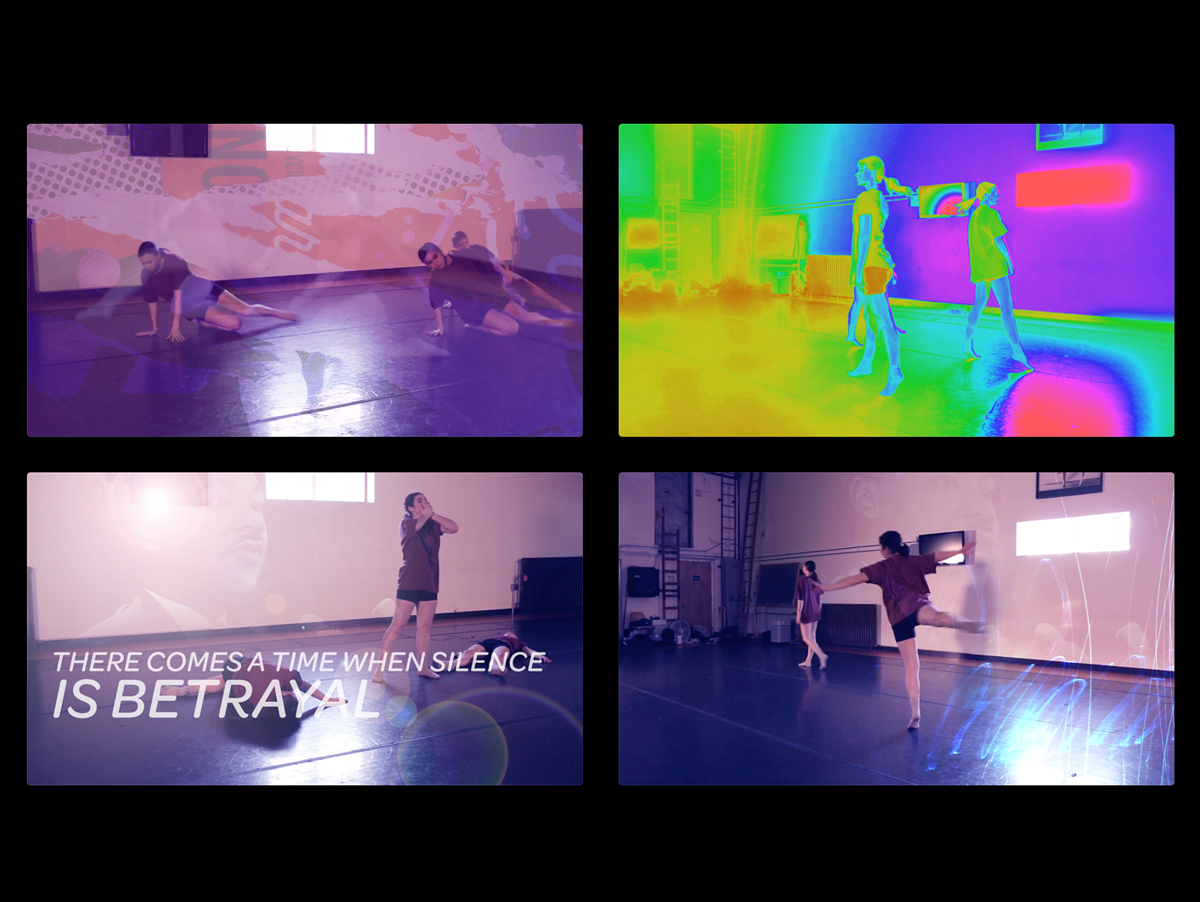Liese Zahabi
Assistant Professor
University of New Hampshire
What constitutes truth? How can society continue to engage in the shared pursuit of truth within the context of social-media fueled mis-information and socio-political fragmentation? This collaborative, experimental project combines the creative forces of a Communication Professor who is also a songwriter and musician, a Design Professor who is also a motion designer and writer, and three dance students—resulting in three video-based artworks and a short documentary that examines the themes of truth, media, information, and current events. The project sits at the intersection of creative praxis, performance, and visual communication, weaving together multiple forms and modes of content. This presentation aims to briefly describe the project and connect it to the nascent but growing practice of Arts-Based Research (ABR).
In the second edition of her book Method Meets Art (2015), Patricia Leavy describes the concept of ABR: “Arts-based researchers are not ‘discovering’ new research tools, they are carving them. And with the tools they sculpt, so too a space opens within the research community where passion and rigor boldly intersect out in the open.” (p. 21) ABR offers ways for scholars in various disciplines to explore their research questions through an array of creative, visual, audible, performative, and written practices. Come Back Home is a strong example of ABR, showcasing creative research and making rooted in communication, visual, and performance practices, exploring the messy nature of information in our contemporary world.
As design educators and researchers grapple with the forms their scholarship ought to take, ABR offers innovative ways to reconsider the formats of rigorous academic work. This project demonstrates how disciplines might collaborate around a set of questions, generating meaningful research that bursts out of the traditional mold of the formal academic article, creating work that can be published in more accessible venues, speaking to a more diverse array of audiences.
This design research was presented at Design Incubation Colloquium 9.1: Kent State University on Saturday, October 15, 2022.
